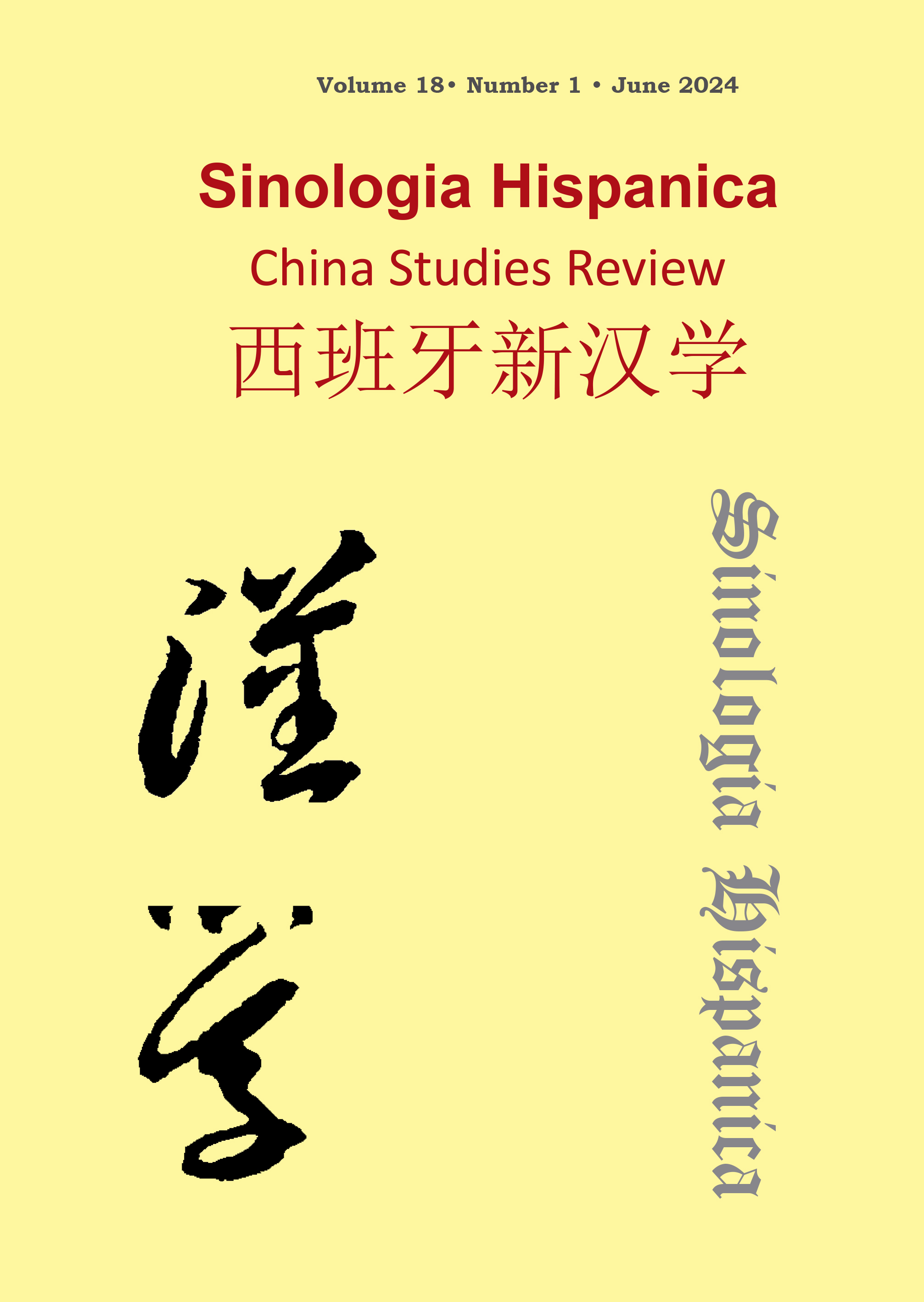Contrastive Study of Universal quantifiers in Spanish and their Counterparts in Chinese
DOI:
https://doi.org/10.18002/sin.v18i1.8432Keywords:
quantification; universal quantifier; Chinese/ Spanish; semantic; syntax.Abstract
Within the range of quantifiers, universal quantifiers form a special part, since they express the totality of units. There are three universal quantifiers in Spanish: todo/a(s), cada and ambo/as. Thus, the main aim of this paper is to carry out a contrastive study of the three words in Spanish and their counterparts in Mandarin Chinese from syntactic and semantic perspectives by examining the data from the reviewed literature, from two corpora, CORPES (Corpus del Español del Siglo XXI) of Spanish and BCC (BLCU Corpus Center) of Chinese, and from introspection. After taking a brief look at the different opinions of the frequent use of the word 都 dōu in universal quantification sentences and stating the starting point of this article, we perform the comparative analysis one by one and grasp the similarities and differences of the universal quantifiers in Spanish and their counterparts in Mandarin Chinese. In addition, a look at some particular forms that express universal quantification in Mandarin Chinese is offered.
Downloads
Métricas alternativas
Published
Versions
- 2026-01-22 (3)
- 2024-07-15 (2)
- 2024-07-07 (1)
How to Cite
Issue
Section
License

This work is licensed under a Creative Commons Attribution-NonCommercial-ShareAlike 4.0 International License.
Sinología Hispánica. China Studies Review considers all manuscripts on the strict condition that:
- The authors assign the exploitation rights (reproduction, distribution, public communication and transformation) of the work accepted for publication to the University of León on a non-exclusive basis. Authors can establish, on their own, additional agreements for the non-exclusive distribution of the version of the work published in the journal (for example, placing it in an institutional repository or publishing it in a book), always acknowledging the initial publication. in this magazine.
- The manuscript is your own original work and does not duplicate any other previously published work, including your own previously published work.
- The manuscript is not currently under consideration or peer review, nor accepted for publication, nor in press, nor published elsewhere.
- The manuscript contains nothing that is abusive, defamatory, libellous, obscene, fraudulent, or illegal.
- Please note that Sinologia Hispanica uses Turnitin software to screen manuscripts for unoriginal material. By submitting your manuscript to Sinologia Hispanica you are agreeing to any necessary originality checks your manuscript may have to undergo during the peer-review and production processes. Any author who fails to adhere to the above conditions will be rejected.
- Authors are allowed and encouraged to electronically disseminate the pre-printed versions (version before being evaluated) and / or post-printing (version evaluated and accepted for publication) of their works before publication, since it favors their circulation and dissemination more early and with it, a possible increase in its citation and reach among the academic community.
Sinologia Hispanica is under an international license Creative Commons Attribution-Noncommercial-Share Alike 4.0. You can read more about this license in an informative version and legal text.










